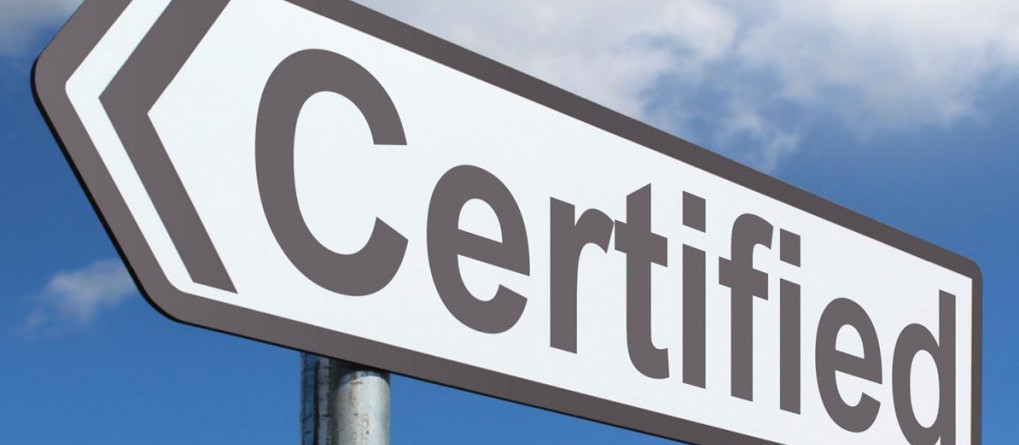To certify or not to certify?

What role can compliance certification play in anti-corruption Collective Action?
The discussion around the ISO 37001 standard, published late 2016, created something of a debate on the pros and cons of certifying companies’ compliance programs. And while many welcomed the introduction of a uniform international standard for the prevention and detection of bribes other familiar criticisms of certification remain. These include the cost, the burdensome internal processes, and of course the burning question at the end of it all: What difference will an ISO certification make in the eyes of law enforcement?
But ISO37001 isn’t the only option and compliance certification more generally isn’t just for companies individually, it can, and is also being used as a tool for anti-corruption Collective Action Initiatives. As Armin Toifl an international expert on compliance standards remarked during a panel at the Collective Action Conference in Basel this November:
“Certification is not in competition with Collective Action but rather is a potential tool for Collective Action to strengthen the impact it can have.”
How can certification support the aims of anti-corruption Collective Action?
The essence of anti-corruption Collective Action lies in its collaborative and sustained process of cooperation between stakeholders that work towards curbing corruption and levelling the playing field between competitors. Certification can be a useful tool to further these aims particularly in the context of standard setting Collective Action Initiatives, where market players are involved in the design of common standards on anti-corruption, which they subsequently submit to voluntarily.
One major roadblock to achieving the aims of this type of Collective Action is overcoming the free rider problem. How can members be assured that the Initiative is not being misused by competitors as window-dressing or for marketing purposes, putting the reputation of the Initiative and of all its members at risk? Certification can push members to put their money where their mouth is and showcase their commitment to the common aims of the Initiative. Moving from an institutionalised dialogue between members to a certification process can be a big step and bringing along all the members can be difficult, especially if they are different sized companies.
An interesting Collective Action certification example from Ukraine
The Ukrainian Network of Integrity and Compliance (UNIC) is a network that aims to establish an alliance between like-minded companies operating in Ukraine that commit to conduct their business ethically. In Ukraine companies are faced with a challenging business environment, as Mr. Verkhniatsky, Managing Partner of COSA Intelligence Solutions and member of UNIC explains:
“The Ukrainian companies are forced to 'clean up and keep clean' to be able to borrow money or attract investment from the international financial institutions. Today, low compliance risk is one of the most important investment criteria for any Ukrainian company.”
The Initiative follows a two-tiered approach moving from self-assessment to certification.
- Initially, to become a member, the companies have to fill out a self-assessment questionnaire that is reviewed by a team of experts and the company commits to address any gaps identified in the process.
- As a member, the Initiative provides support and possibilities for companies to further develop their compliance program and exchange experiences.
- If a company considers that it has addressed the gaps identified in the self-assessment to a sufficient degree they have the opportunity to certify under the UNIC certification process.
- The certification follows the international standards such as ISO 37001, but has also been adapted to reflect the specifics of the Ukraine business environment.
The Network has a very diverse membership from micro companies, SMEs to MNE and certification is not be a viable option or a necessity for all companies and as such is conducted on a voluntary basis. The aim is not to require certification from all members but rather to offer certification as a tool to showcase their compliance commitment publicly to the customers, business partners and international investors.
Another example of a single industry-focused Initiative is the Banknote Ethics Initiative (BNEI). These companies have taken a different approach and make certification against industry standards a pre-requisite for membership, with time allowed for remediation and then admission to the group.
Overall I think that certification can be an important element to incentivise the stakeholders, especially the private sector. It can also help to make the Collective Action Initiative more credible towards customers and the public, especially if the certification process is transparent and the results made available on the internet.
On the other hand, it is important to take account of the business realities, the stakeholder composition and the buy-in from the members when deciding on the best approach to develop a certification process so that it can support the aims of the anti-corruption Collective Action Initiative.



